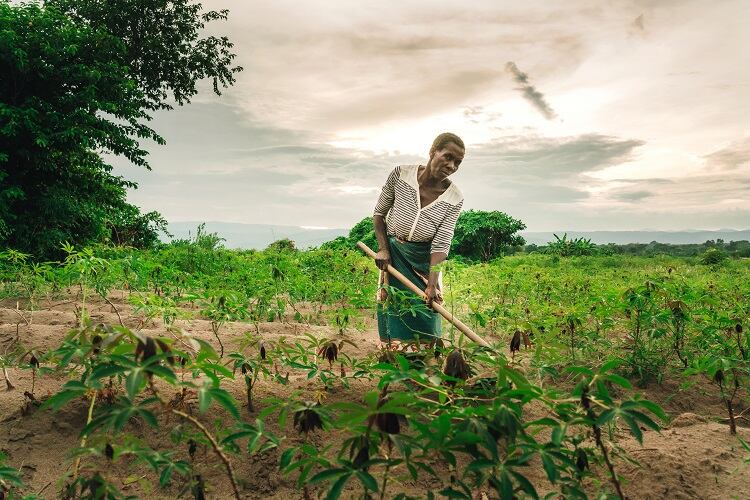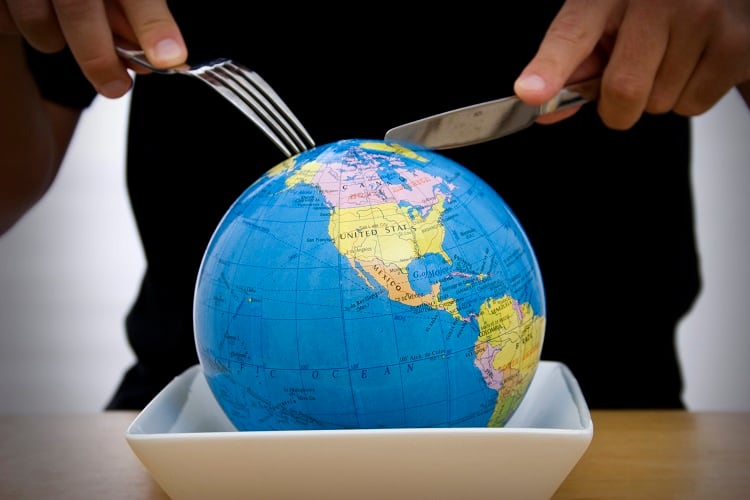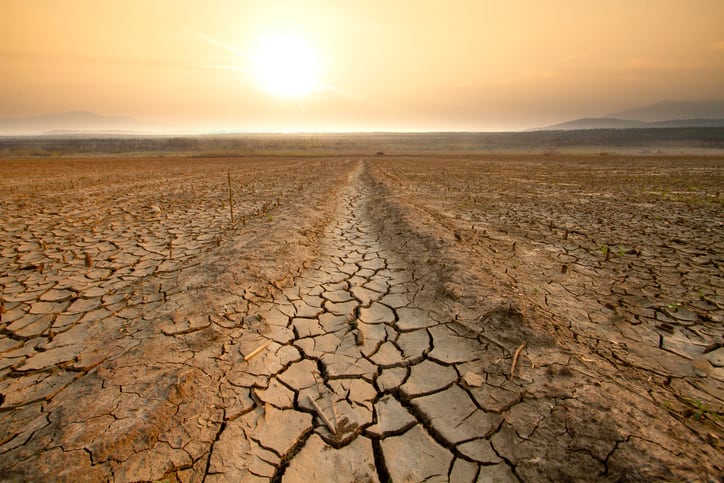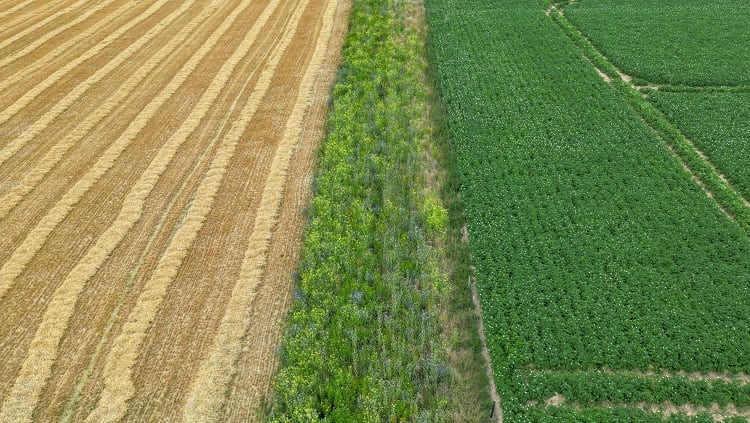The study, which focused particularly on South Africa, Tanzania, Malawi and Zambia, looked at the potential impact of climate change, as well as Africa’s population increase, on nutrition security on the continent.
Speaking to stakeholders from each of these countries, including representatives from government, civil society, academia and the agricultural sector, the researchers looked at several scenarios for potential nutrition security in the future (specifically 2050). The main factor of uncertainty chosen between the different scenarios was the level of climate risk present.
Furthermore, by country, researchers chose the effectiveness of policy implementation (Malawi); the extent of land reform (South Africa); technological transformation (Tanzania); and the degree of market connectivity and functionality (Zambia). Researchers used the integrated Future Estimator for Emissions and Diets (iFEED) model to predict these scenarios.
While some risks were present in almost all scenarios, such as the risk of severe weather associated with climate change, one thing that lowered risk to nutritional security significantly was found to be crop diversification.
The benefits of crop diversification
Crop diversification can significantly bolster nutrition security, because it mitigates the impact of disasters that may wipe out a single crop. Factors such as disease and crop pests may target and destroy a single crop more quickly and effectively than a diverse range of crops, meaning that a monocrop food system is at far greater risk.
Indeed, many of the countries assessed have an overreliance on maize, which is undesirable not only because of the inherent risk of relying on a single crop for nutrition, but also because maize in particular is more vulnerable to climate risk than certain other crops.
There are also nutritional downsides to overreliance on a single crop, such as increasing the risk of non-communicable diseases including cardiovascular disease, type-2 diabetes and some cancers.
“Our study demonstrated the importance of diversifying crops, rather than focusing on a few specific crops. For example, millet, sorghum and cassava are traditional crops that could be grown more, as well as expanding fruit and vegetable production,” lead researcher Stewart Jennings told FoodNavigator.
“There are many crops that can be grown and growing a range of crops means that if some do badly in a given year, others may fare better. We need a greater diversity of staple crops (so millet, sorghum, cassava) as well as greater fruit and vegetable production.” Growing a more diverse range of crops, Jennings suggested, would also help bolster certain nutrients that the population of sub-Saharan Africa are deficient in.
In all four countries assessed, scenarios suggested that transforming agriculture would have a much greater impact on nutrition security than the degree of climate risk experienced by each country.
One particular crop that was shown to be highly beneficial to nutrition security was soybean. “Soybeans can be used as a source of livestock feed as well as a cash crop, and there is evidence that they are more resilient to climate change impacts than maize,” Jennings told us.

The benefits of cash crops such as soybeans is that they not only increase nutritional security directly, but can increase incomes as well, as they can be sold.
The food industry can have a role in improving nutritional security in sub-Saharan Africa. “Increased investment and support for research into the development of new and improved varieties of a larger selection of crops is important - at the moment, most research focuses on maize.”
Trade-offs
The study also suggests that, in order to diversify crops, agricultural land will need to be expanded, potentially resulting in significant biodiversity loss. This will also expand greenhouse gas emissions, although this can be partially offset by the increase in soil organic carbon resulting from greater organic inputs into the soil.
While these are all risky from a climate change perspective, the alternative, the study suggests, is for sub-Saharan Africa to become increasingly reliant on agricultural imports. This is risky, especially when given geopolitical factors such as the war in Ukraine causing international instability.
The study also suggests that upping livestock production faster than the rate of population growth in sub-Saharan Africa may be desirable, despite the climate impacts. Given the currently low greenhouse gas emissions in sub-Saharan Africa and its significant difficulty in achieving nutritional security, the paper suggests this trade-off is worth it, although warns that measures should be taken to avoid reaching the high levels of livestock production present in the Global North.
“Increasing animal production could help with some of the specific nutrient gaps highlighted in the paper, however too large an increase risks increasing GHG emissions to unacceptably high levels. Policymakers need to carefully evaluate this trade-off by using evidence such as iFEED to weigh up these pros and cons, setting nutritional targets alongside GHG targets,” Jennings told us.
Sourced From: Nature Food
'Stakeholder-driven transformative adaptation is needed for climate-smart nutrition security in sub-Saharan Africa’
Published on: 2 January 2024
Doi: https://doi.org/10.1038/s43016-023-00901-y
Authors: S. Jennings, A. Challinor, P. Smith, J. I. Macdiarmid, E. Pope, S. Chapman, C. Bradshaw, H. Clark, S. Vetter, N. Fitton, R. King, S. Mwamakamba, T. Madzivhandila, I. Mashingaidze, C. Chomba, M. Nawiko, B. Nyhodo, N. Mazibuko, P. Yeki, P. Kuwali, A. Kambwiri, V. Kazi, A. Kiama, A. Songole, H. Coskeran, C. Quinn, S. Sallu, A. Dougill, S. Whitfield, B. Kunin, N, Meebelo, A. Jamali, D. Kantande, P. Makundi, W. Mbungu, F. Kayula, S. Walker, S. Zimba, J. Hubert Galani Yamdeu, N. Kapulu, M. Valadares Galdos, S. Eze, H. Tripathi, S. Sait, S. Kepinski, E. Likoya, H. Greathead, H. Elizabeth Smith, M. Tonye Mahop, H. Harwatt, M. Muzammil, G. Horgan & T. Benton





